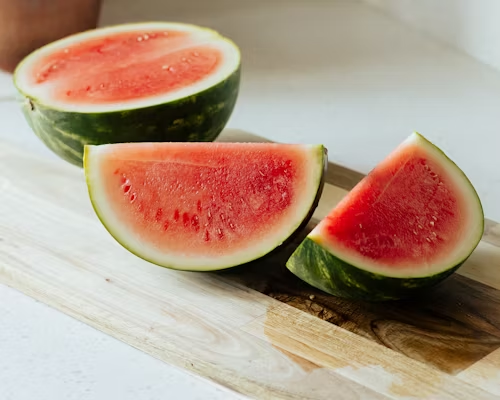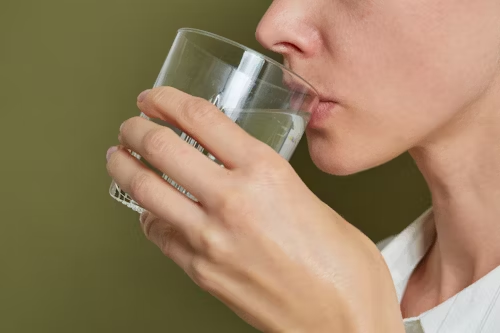Benefits of Adequate Hydration
Adequate hydration offers numerous benefits that significantly impact overall well-being. Water boosts energy levels and enhances physical performance, making daily activities and exercise more effective. Proper hydration also supports healthy digestion, blood circulation, and temperature regulation, all of which are vital for maintaining bodily functions. Staying well-hydrated also promotes emotional and cognitive balance, improving concentration and mental clarity. Water is crucial in providing cell structure and constitutes the major portion of blood volume, underscoring its importance for health.
How Much Water is Enough?
The U.S. National Academies of Science, Engineering, and Medicine recommend about 15.5 cups of fluid per day for men and 11.5 cups of fluid per day for women. About 20% of this should come from food, and the rest from water and other beverages. Thus, The Academy of Nutrition and Dietetics recommends 13 cups daily for men and 9 cups of water daily for women. If you are physically active or outside for long periods, you may need to drink more fluids.
Ways To Stay Hydrated
Fluid losses can be replenished through drinking water, other beverages containing water, and foods. Water, juices, milk, coffee, tea, and sparkling water all contribute to a person’s daily fluid intake. Water is always a good choice because it is calorie free and inexpensive. Juices and milk contribute not only to fluid but also macronutrients, vitamins, and minerals. Caffeinated coffee and tea and alcohol will have a slight diuretic effect, so consume caffeinated drinks in moderation.
If you’re not a fan of plain water or need a little extra fun in your day, jazz up your water with fresh or frozen berries, juice of a lemon or lime slice, cucumber or celery, fresh mint leaves, rosemary, or thyme.

Food also contains water content. Choose hydrating foods such as:
- Melons
- Bell peppers
- Celery
- Cucumbers
- Peaches
- Strawberries
- Lettuce
- Cabbage
- Apples
- Oranges
- Soups
- Smoothies
Quick Hydration Check
Urine color can be a quick and easy way to check your hydration status. A clear yellow color (like lemonade) means you are optimally hydrated! The darker the color, the more water you may need to drink to rehydrate yourself. Ideal hydration leads to urination every 1-2 hours.
Other Signs of Dehydration Include
- Feeling tired
- Hard time concentrating
- Headache
- Dry mouth, skin, or lips
- Dizziness
- Fatigue faster during exercise
- Dark-colored or less frequent urination
- Tip: If you are feeling thirsty, you are already dehydrated.
What About Electrolytes? Are Sports Drinks Necessary?
Sports drinks contain a variety of electrolytes and carbohydrates. Electrolytes, like sodium, potassium, and magnesium, help the water move into your cells more easily. Many people get enough electrolytes from the foods they eat throughout the day. However, electrolyte drink mixes or sports drinks may be suitable for rehydration if you are doing more than 60 minutes of intensive exercise or excessively sweating. Otherwise, your next meal and water will likely contain enough electrolytes to replenish your fluid stores.
References:
Popkin BM, D’Anci KE, & Rosenberg IH (2010). Water, hydration, and health. Nutrition reviews, 68(8), 439–458. https://doi.org/10.1111/j.1753-4887.2010.00304.x
The U.S. National Academies of Science, Engineering, and Medicine. Report sets dietary intake levels for water, salt, and potassium to maintain health and reduce chronic disease risk. 2004. Nationalacademies.org. https://www.nationalacademies.org/news/2004/02/report-sets-dietary-intake-levels-for-water-salt-and-potassium-to-maintain-health-and-reduce-chronic-disease-risk


